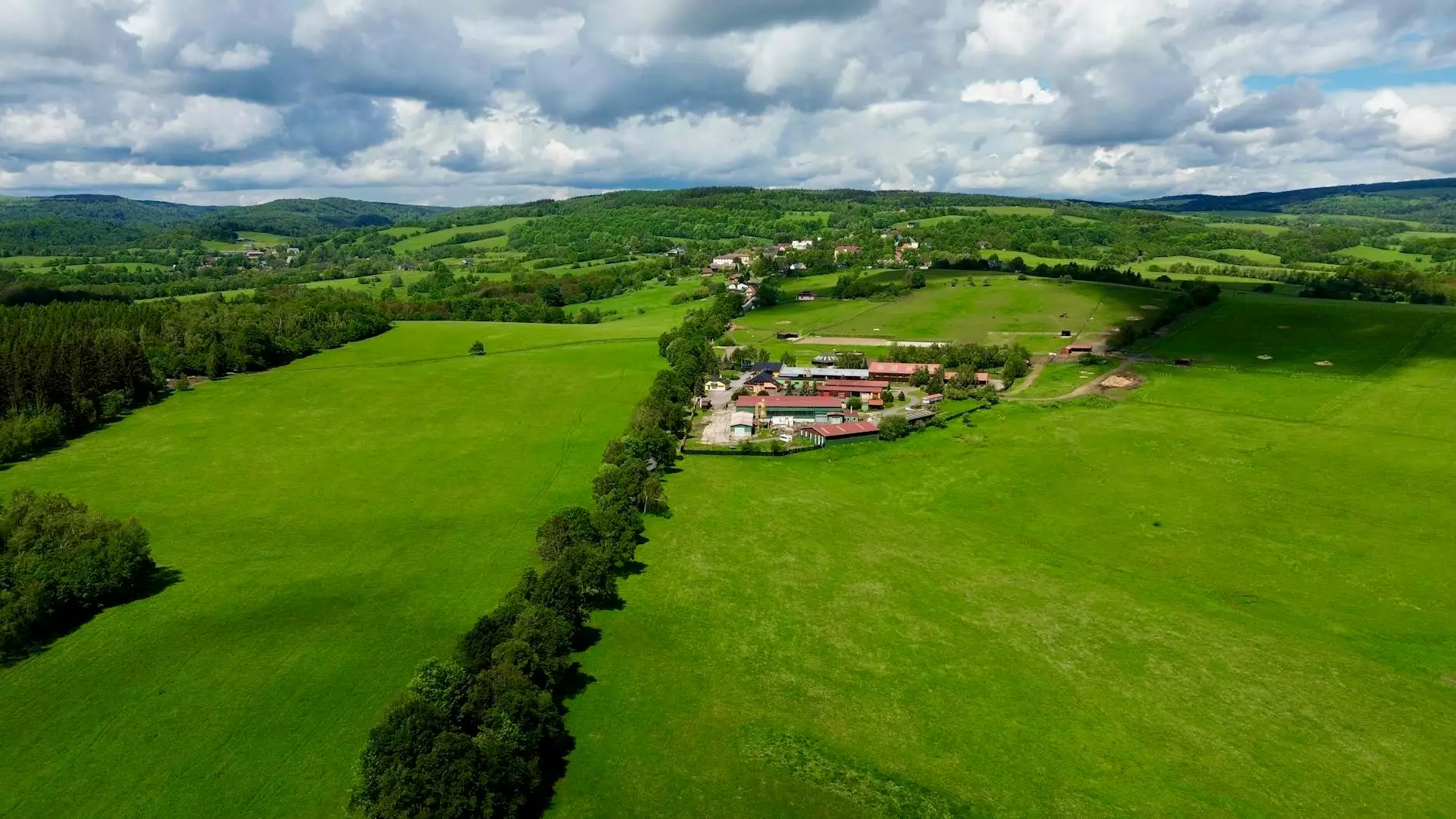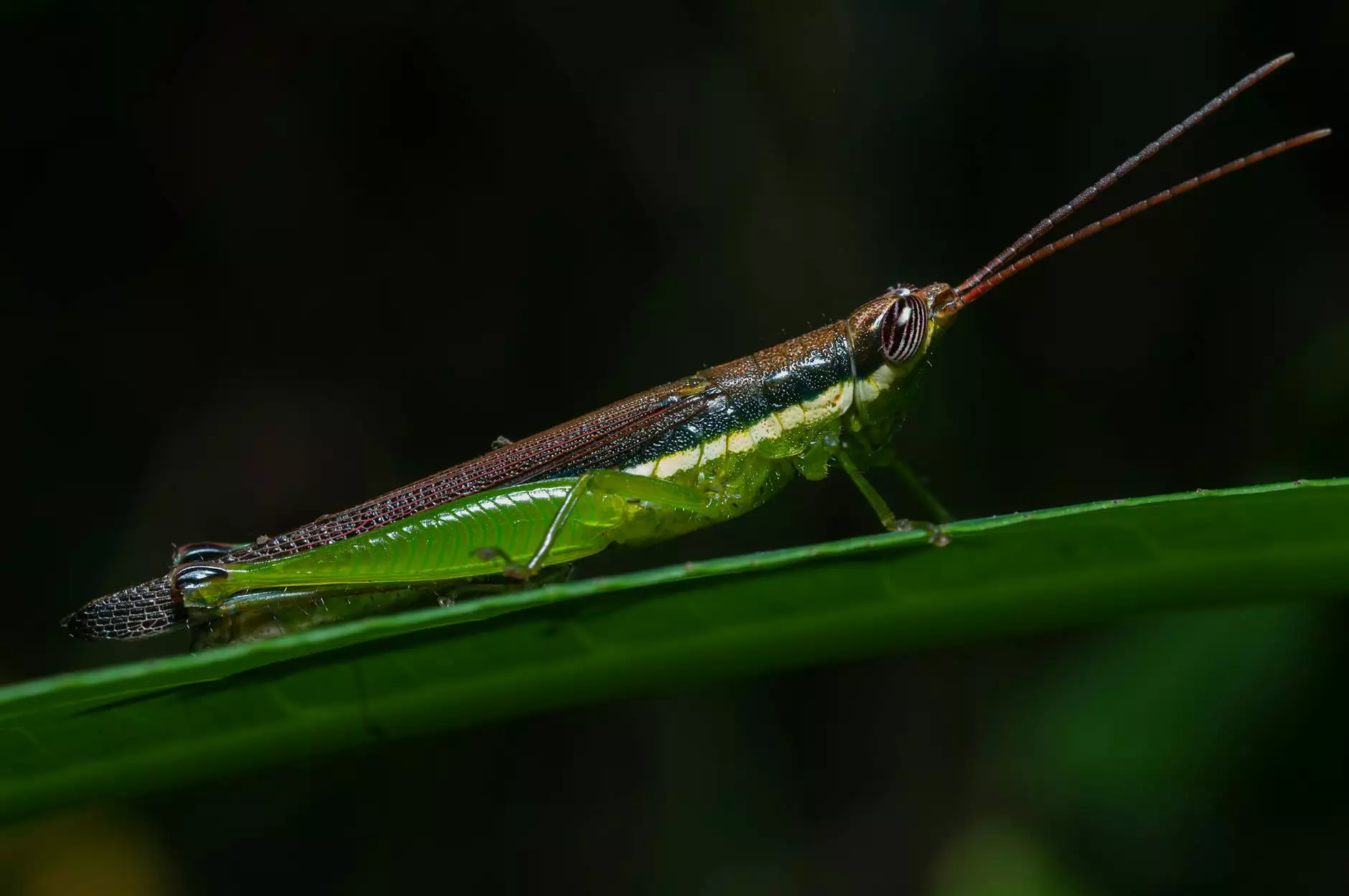The Rise of Agro Drones in Modern Agriculture

The integration of advanced technology into agriculture has reshaped the landscape of food production, enabling farmers to enhance efficiency, increase yields, and reduce environmental impact. One of the most groundbreaking innovations in this domain is the agro drone. These unmanned aerial vehicles (UAVs) have revolutionized the way we approach farming, offering a myriad of benefits and applications that are crucial for the future of agricultural practices.
What Are Agro Drones?
Agro drones are specialized drones designed specifically for agricultural use. They are equipped with advanced sensors and cameras that allow farmers to gather critical data about their crops, monitor field conditions, and even apply fertilizers and pesticides with precision. With the ability to cover large areas quickly, agro drones provide farmers with insights that were previously difficult to obtain.
Key Features of Agro Drones
- High-Resolution Imaging: Agro drones are outfitted with high-resolution cameras and multispectral sensors that capture detailed images of crops, enabling precise monitoring.
- Real-Time Data Collection: Farmers can obtain real-time data on crop health, soil conditions, and moisture levels, facilitating informed decision-making.
- Automated Crop Monitoring: Drones can cover vast areas autonomously, significantly reducing the time and labor required for manual monitoring.
- Precision Spraying: Some agro drones are capable of applying fertilizers and pesticides with high accuracy, minimizing waste and environmental impact.
The Benefits of Using Agro Drones
Adopting agro drones in agriculture comes with numerous advantages that contribute to sustainable farming practices and increased productivity.
1. Enhanced Crop Management
With the help of agro drones, farmers can effectively manage their crops by obtaining real-time insights into plant health. By using remote sensing technology, they can identify areas that require attention, whether it's irrigation, fertilization, or pest control. This level of insight allows for targeted interventions, leading to healthier crops and improved yields.
2. Increased Efficiency
Traditionally, crop monitoring is a labor-intensive process. However, agro drones can cover large areas in a fraction of the time it would take for a person to inspect them on foot. This increased efficiency translates to time and cost savings for farmers.
3. Cost-Effective Solutions
While the initial investment in agro drones may seem high, the long-term savings can be significant. By optimizing resource use (such as water and fertilizers) and reducing labor costs, farmers can achieve better profitability. Additionally, precise application of chemicals leads to lower costs associated with overuse.
4. Environmental Sustainability
The agricultural sector faces increasing pressure to operate sustainably. Agro drones facilitate sustainable practices by promoting responsible resource management. By targeting specific areas for irrigation and treatment, they reduce runoff and prevent excess chemicals from entering waterways.
Applications of Agro Drones in Agriculture
The versatility of agro drones allows them to be utilized across a variety of agricultural applications, including:
1. Crop Scouting
Drones equipped with high-resolution imaging capabilities enable farmers to scout their fields efficiently. They can identify potential issues like pest infestations or diseases early, allowing for timely interventions.
2. Irrigation Management
By assessing soil moisture levels and crop health, agro drones assist farmers in determining more effective irrigation schedules, ensuring that crops receive the right amount of water.
3. Inventory Management
Drones can help in assessing crop density and estimating yields prior to harvest. This information aids farmers in planning their logistics and inventory management more effectively.
4. Precision Agriculture
Integrating drone technology into precision agriculture allows for site-specific crop management. This means farmers can customize their treatment plans based on the specific needs of different areas within a field.
Challenges Facing Agro Drones
While the advantages of agro drones are significant, there are challenges that farmers may encounter when integrating this technology into their operations.
1. Regulatory Hurdles
In many regions, the use of drones is subject to strict regulations governing where and how they can be operated. Farmers must navigate these regulations to ensure compliance, which can be a barrier to widespread adoption.
2. Technical Knowledge
To maximize the potential of agro drones, farmers need a basic understanding of drone technology and data interpretation. This may require training and investment in human resources.
3. Initial Investment Costs
The upfront costs of purchasing drones and the required technology can deter some farmers from adopting this innovation. However, the long-term benefits often outweigh these initial expenses.
The Future of Agro Drones
As technology continues to advance, the future of agro drones looks promising. With developments in artificial intelligence, machine learning, and robotics, the capabilities of drones are set to expand even further.
1. Autonomous Drones
Future agro drones are likely to be fully autonomous, with the ability to make real-time decisions based on data collected. This will enhance efficiency and reduce the need for human intervention.
2. Improved Data Analytics
Data collected by drones will become increasingly sophisticated, providing deeper insights into crop performance and environmental conditions. This will allow for even finer customization of farming practices.
3. Integration with Other Technologies
Agro drones will continue to integrate with other agricultural technologies such as IoT devices, enabling a comprehensive approach to precision farming. This synergy will facilitate more informed decision-making across the agricultural spectrum.
Conclusion
The integration of agro drones into agricultural practices marks a significant advancement in modern farming techniques. By providing enhanced monitoring capabilities, improving efficiency, and promoting sustainable practices, these drones are set to play a vital role in shaping the future of agriculture. As the technology evolves, it is imperative for farmers to embrace these changes, ensuring they remain competitive and environmentally responsible in an ever-evolving industry.
To learn more about how agro drones can benefit your agricultural practices, visit us at a-drones.com.









